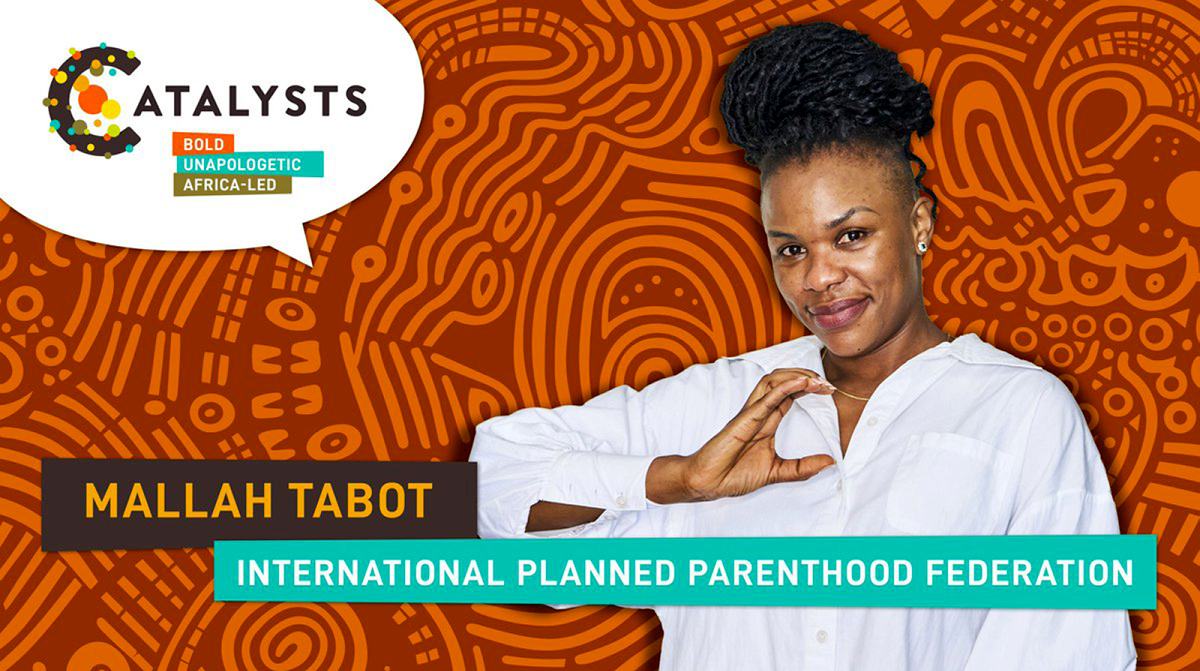From Our Leadership
Seven years ago, Guttmacher embarked on an ambitious multiyear project to document the impact of US state and federal policy changes on publicly funded family planning services. Led by researchers Megan Kavanaugh, Jennifer Frost and Alicia VandeVusse, in collaboration with state partners, the Reproductive Health Impact Study (RHIS) aimed to better understand how policy changes—such as shifts in Title X requirements and clinic decisions to leave the Medicaid family planning program—affected patients, providers and systems of care.
We anticipated some illuminating findings because drastic changes to family planning support seemed inevitable (it was 2017, after all). But as our research adapted to document the effects of key developments, like the 2019 “domestic gag rule” and the COVID-19 pandemic, the RHIS yielded an even richer and more wide-ranging body of evidence than expected.
Notably, the findings showed the inextricable links among all types of reproductive health care services, underscoring how policy restrictions on one aspect of care have ripple effects on others. They demonstrated how cost is a significant barrier to many patients’ ability to access care and achieve reproductive autonomy, and how person-centered contraceptive care is essential. These findings are described in more than two dozen journal articles, multiple policy briefs and profiles of the four states we focused on: Arizona, Iowa, New Jersey and Wisconsin.
Dissemination events in these focus states served as opportunities to connect with providers, advocates and policymakers and to discuss how research can inform advocacy and equitable policy. Together with our partners and community stakeholders, we hope to pave the way for a future where accessible reproductive health care is a reality for all.
Destiny Lopez and Jonathan Wittenberg
Acting Co-CEOs




